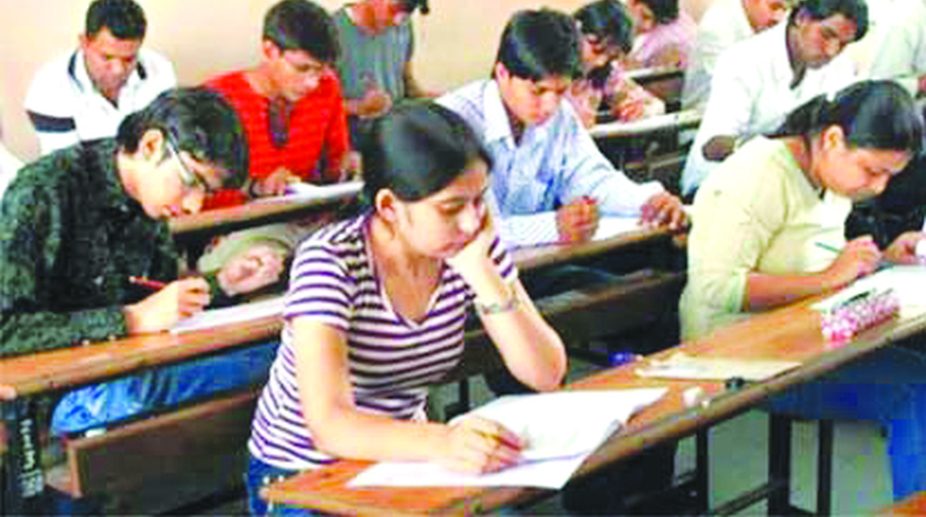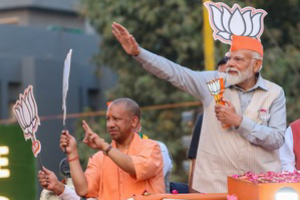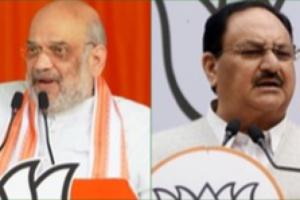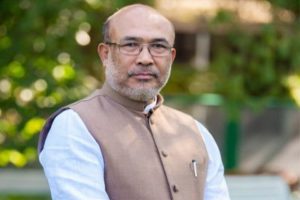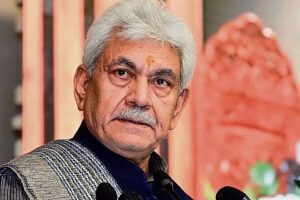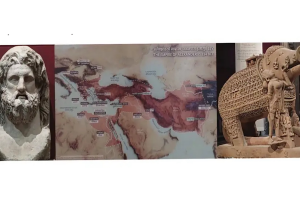The failure of a large number of undergraduate students of Calcutta University and the resultant students’ unrest need urgently to be addressed. Some academics have blamed the students for not attending classes and lack of interest in matters academic. This diagnosis is rather superficial.
Teachers of the institutions of higher learning, including the administration of the university, cannot evade their responsibility for the appalling examination results. Equally strange is the West Bengal education department’s response. The fact is that there are students in our state with the eagerness to learn, but few teachers to teach them with commitment and care.
There has been a mushroom expansion of universities and institutions of higher learning in West Bengal over the past six years. Yet the campuses lack a suitable infrastructure. The quality of education that is imparted in these new institutions is less than satisfactory.
The educational institutions of Bengal need to be reformed. This has become imperative in order to improve the quality of the teaching-learning process, the conduct of examinations, research, financial transparency and better administration.
Good universities and colleges can play a positive role to promote the country’s cultural life, prosperity, preservation of values, morality and harmony. The real university has no specific location; it owns no property, pays no salaries and receives no material dues.
Some years back, the Centre had announced a substantial hike in pay-scales of university and college teachers. However, a substantial increase in salaries cannot bring about a cogenial academic environment. If the university can be compared to the human mind, then managing the university must be envisaged as a supreme management challenge. The university is also like an organisation and it has to be efficiently managed.
In many developing countries, there has been a managerial revolution over the past three decades. Management has become a prominent feature of the scenario in a university and college. The situation however is incompatible in West Bengal. The universities are dominated by party cadres and the ambience of education has been completely vitiated. The state’s universities showcase organised anarchy. Many of the new universities neither have the infrastructure nor qualified teachers to function efficiently.
There is considerable resentment over the fact that despite spending thousands of crores since independence, increase in salaries of professors, and the setting up of laboratories, there has been little or no qualitative improvement in higher education. To improve the quality of teaching and learning in higher education, two factors are important.
One is the academic component and the other is the administrative competence. This will provide a ‘binocular vision’ of the education system. However, neither the students nor the teachers are suitably vocal about effective and meaningful academic administration. The administration of universities in West Bengal is deplorable. The universities and colleges are among the worst managed institutions of the state and the situation is appalling.
Direct and quick dissemination of knowledge and information, preservation of information through sophisticated technology, and prompt implementation of decisions are as important as the quality of teaching. Managerial experts can be expected to act as catalytic agents for qualitative improvement of teaching and research. The effective role of administrative officers is as important as competent teachers.
For three decades, teachers and administrators were recruited on the basis of their loyalty to the CPI-M… and not on merit. This has harmed both higher education and research. The party interfered in the appointment of teachers ~ lecturers to vice-chancellors. All major decisions were influenced by the party headquarters. Political meddling in education has vitiated the education system of West Bengal ~ from the primary to the university level. Pseudo-academics or so-called intellectuals were puppets on the political string. The students were left in the lurch. But they were cunningly utilized by CPI-M to buttress its power, and the so-called ‘students movement’ revolved around it.
The 150-year-old University of Calcutta has lost its glory. The book, Red Hammer over Calcutta University, written by Santosh Bhattacharya, former vice-chancellor, has vividly described its decadence. The problem of Presidency College, now upgraded to a university, is deep-rooted. There was virtually no efficient administrator after the Principal, Dr Achintya Kumar Mukherjee’s departure in the early 1980s. The college became the fiefdom of the Left Front-dominated Government College Teachers Association. Its academic standards deteriorated and the meritorious students failed year after year. People watched with horror the blaze in the Chemistry laboratory, and there was no accountability.
A significant percentage of public funds are expended on the universities. Therefore, they should be made accountable to society. It is absolutely necessary to manage a university like a business organisation and to derive some profit by providing consultancy services to industries. It is also necessary to change the environment of the present universities from the traditional to the modern.
The imperatives are fixing of priorities, allocation of scarce resources, control of inputs and outputs, planning beyond what is of immediate concern, transparency in financial matters, and regular training programmes and refresher courses. University management is a supreme challenge. Exceptional educational administrators should decide on manpower planning. An effective administrator must possess the right vision and strategy.
If excellence in the universities has to be pursued realistically, then the task cannot be achieved simply by enhancing the salaries of teachers or by revising the curriculum or even by opening new centres on the campus. A strong and determined administrative machinery and excellent teachers are absolutely essential. The need for total reform in higher education, both in the universities and colleges of West Bengal, has become imperative to improve efficiency and effectiveness.
The present government in West Bengal might consider the setting up of a panel like the Jarrett committee or the Sadler’s Commission of the pre-independence era. The process of prognosis and detoxification should start. If this requires the “amputation” of certain sectors afflicted with “gangrene”, so be it. Efficient management is an activity that needs to be evaluated on a regular basis. The academic administration has to serve the institution. This is a dynamic task in the service of a tradition.
The writer, a former Reader in Chemistry, Presidency College, was associated with the UGC and UNICEF.

